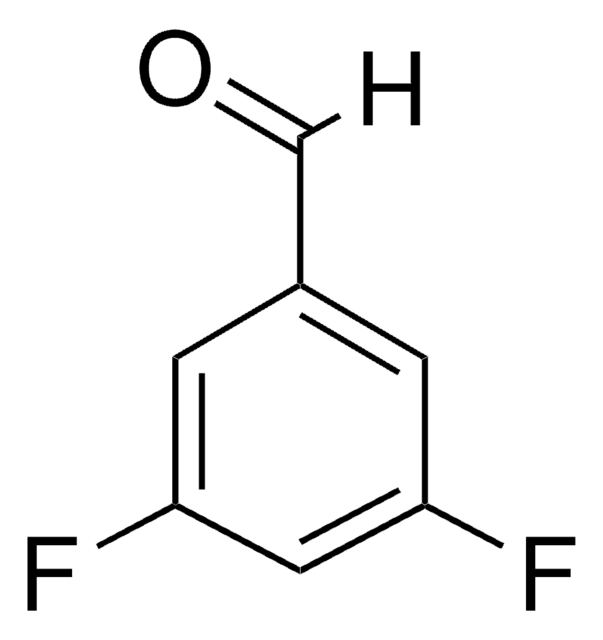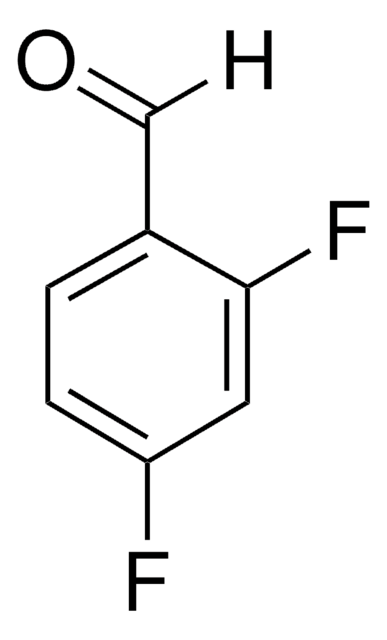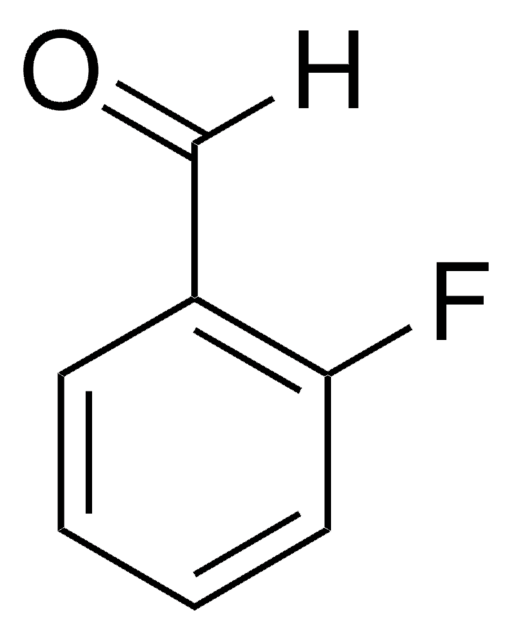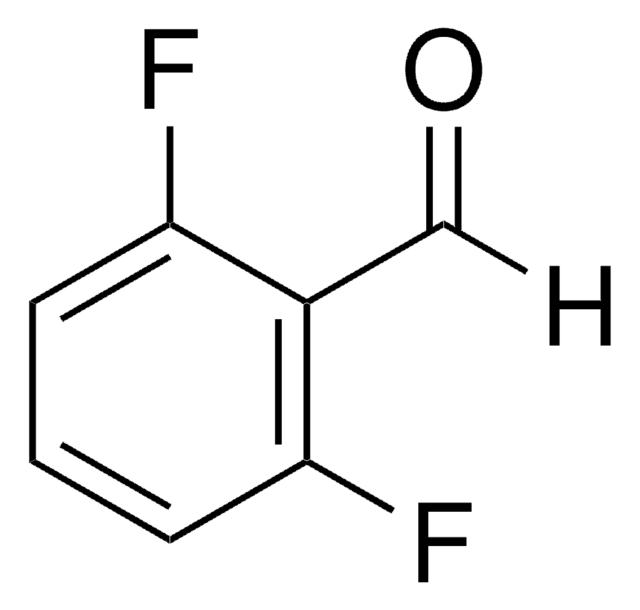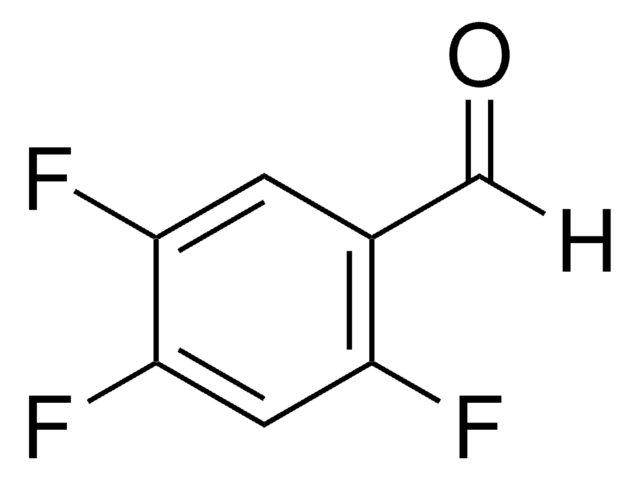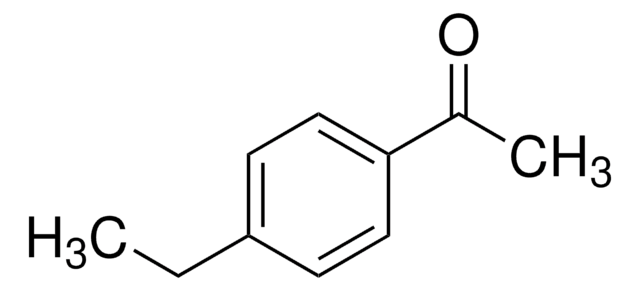All Photos(1)
About This Item
Linear Formula:
F2C6H3CHO
CAS Number:
Molecular Weight:
142.10
MDL number:
UNSPSC Code:
12352100
PubChem Substance ID:
NACRES:
NA.22
Recommended Products
Quality Level
Assay
98%
form
liquid
refractive index
n20/D 1.498 (lit.)
bp
67-69 °C/17 mmHg (lit.)
density
1.308 g/mL at 25 °C (lit.)
functional group
aldehyde
fluoro
SMILES string
Fc1ccc(F)c(C=O)c1
InChI
1S/C7H4F2O/c8-6-1-2-7(9)5(3-6)4-10/h1-4H
InChI key
VVVOJODFBWBNBI-UHFFFAOYSA-N
General description
The emission and absorption spectra of 2,5-difluorobenzaldehyde were studied.
Application
2,5-Difluorobenzaldehyde was used in the synthesis of fluorinated analog by Henry condensation with nitroethane.
Signal Word
Warning
Hazard Statements
Precautionary Statements
Hazard Classifications
Eye Irrit. 2 - Flam. Liq. 3 - Skin Irrit. 2 - STOT SE 3
Target Organs
Respiratory system
Storage Class Code
3 - Flammable liquids
WGK
WGK 3
Flash Point(F)
138.2 °F - closed cup
Flash Point(C)
59 °C - closed cup
Personal Protective Equipment
dust mask type N95 (US), Eyeshields, Gloves
Choose from one of the most recent versions:
Already Own This Product?
Find documentation for the products that you have recently purchased in the Document Library.
Spectroscopy and dynamics of the excited singlet and triplet states of 2, 3-, 2, 4-and 2, 5-difluorobenzaldehyde vapors.
Itoh, T.
Journal of Molecular Spectroscopy, 257(2), 170-176 (2009)
Matthew A Parker et al.
Bioorganic & medicinal chemistry, 16(8), 4661-4669 (2008-02-26)
The lipophilicity of a set of 5-HT(2A) ligands was determined using immobilized-artificial-membrane chromatography, a method that generates values well correlated with octanol-water partition coefficients. For agonists, a highly significant linear correlation was observed between binding affinity and lipophilicity. For ligands
Our team of scientists has experience in all areas of research including Life Science, Material Science, Chemical Synthesis, Chromatography, Analytical and many others.
Contact Technical Service